Understanding Your Industry-specific Challenges
In asset management, acknowledging the distinct challenges tied to your particular industry is paramount for enhancing efficiency. Industries such as mining, manufacturing, energy, and logistics confront unique operational demands and reliability concerns that significantly impact asset performance. Comprehensive understanding of these sector-specific challenges lays the groundwork for effective asset management strategies. This is where Gemini AI excels, offering tailored recommendations that cater to the nuanced requirements of various sectors.
Each industry faces its set of challenges that influence the lifecycle and reliability of assets. For example, the mining sector might grapple with equipment durability due to harsh environmental conditions, while manufacturing may contend with supply chain complexities. By accurately identifying your industry, Gemini AI can provide data-driven insights and best practices to tackle these issues head-on, thereby optimizing your asset management processes.
The integration of industry identification tools, such as dropdown menus or text input methods, significantly improves the relevance and accuracy of the AI’s suggestions. These tools enable organizations to categorize their operations quickly, which in turn informs Gemini AI about the specific reliability factors and trends pertinent to that industry. This precision in data collection and analysis empowers businesses to adopt advanced asset management practices that best address their unique challenges. By employing a targeted approach, organizations can not only enhance their operational reliability but also anticipate potential issues before they escalate, ultimately leading to improved performance outcomes.
The dynamic nature of industries today necessitates agility and awareness of evolving trends and reliability audits. Utilizing a robust system like Gemini AI allows companies to stay ahead of the curve, ensuring that asset management practices remain relevant and efficient. Recognizing your industry’s challenges is, therefore, a critical first step toward leveraging advanced technology in achieving superior asset management outcomes.
Integration and Optimization with Your CMMS
Understanding the computerized maintenance management system (CMMS) in use, such as SAP, Pronto, or Maximo, is essential for optimizing asset management processes. A CMMS serves as a vital tool that tracks maintenance activities, schedules, and asset performance through data collection and analysis. When integrating Gemini AI with your existing CMMS, it becomes possible to identify areas that necessitate a reliability audit, thereby enhancing the efficiency of asset management through the informed utilization of data and trends.
Gemini AI excels in recognizing integration opportunities and existing gaps in digital asset tracking by analyzing user input related to the current CMMS. This process not only enhances direct tracking but also allows for a robust review of asset management practices. The AI’s capability to interpret vast amounts of data equips organizations with insights into maintenance patterns, asset longevity, and potential areas requiring immediate attention. By providing tailored usage tips for the chosen CMMS, Gemini AI effectively improves operational efficiency and resource allocation.
Moreover, should your organization find that the current CMMS does not meet its asset tracking needs, Gemini AI can suggest alternative solutions that align better with the asset management strategy. These selections are influenced by current trends in the industry and are designed to maximize reliability and performance. Such adaptability ensures that users are equipped with the right tools to foster continuous improvement in their maintenance strategies, thus driving better overall asset management outcomes.
In conclusion, leveraging Gemini AI alongside your CMMS can significantly enhance the functionality and efficiency of your asset management processes. By focusing on integration and optimization, organizations can achieve greater reliability, utilizing data-driven insights for continuous improvement in maintenance operations.
Identifying and Overcoming Maintenance Challenges
In today’s fast-paced business environment, companies often encounter various maintenance challenges that can significantly hinder operational efficiency. Common issues include unexpected breakdowns, escalating maintenance costs, compliance with regulations, and workforce shortages. Each of these challenges has the potential to disrupt operations and lead to a decline in asset reliability. Understanding these issues is crucial for organizations aiming to maintain high levels of productivity.
Breakdowns can result in costly production downtimes and can jeopardize the integrity of assets. By utilizing advanced tools like Gemini AI, businesses can conduct a thorough reliability audit that pinpoints critical issues and trends, allowing for timely interventions. The system collects data from user responses on asset performance, providing actionable insights into recurrent problems. This data-driven approach facilitates a better understanding of underlying causes, potentially reducing the rate of breakdowns through preventive measures.
Moreover, maintenance costs can spiral out of control if not properly managed. Gemini AI offers customized strategies that streamline maintenance processes, promoting an efficient allocation of resources. By analyzing data on equipment health and maintenance history, businesses can optimize their schedules and implement cost-effective solutions tailored to their unique operational needs.
Compliance issues further complicate the maintenance landscape, particularly in heavily regulated industries. Through a systematic evaluation, Gemini AI helps organizations ensure adherence to relevant regulations, thus mitigating risks associated with non-compliance. The platform’s flexibility to include optional text input from users enhances its capacity to gain deeper insights, fostering a collaborative problem-solving environment.
Lastly, workforce shortages can limit an organization’s ability to effectively manage maintenance tasks. With solutions provided by Gemini AI, businesses can upskill existing staff or better allocate tasks, ensuring that various maintenance challenges are handled efficiently. By addressing these challenges and leveraging data to inform decision-making, organizations can significantly improve their maintenance strategies, resulting in enhanced asset reliability.
Proactive Asset Management Strategy and Metrics
In today’s rapidly evolving technological landscape, the need for a proactive asset management strategy is paramount. Organizations must regularly assess and refine their asset management practices to align with current data and industry trends. Frequent reviews of asset management strategies ensure that best practices are maintained, and organizations can swiftly adapt to changing environments. Such reviews can occur on varying frequencies: annually, quarterly, or even monthly, based on the complexity of the assets and the organizational goals. Ongoing evaluations yield insights into operational efficiency and highlight areas for improvement.
One way to enhance these reviews is through the application of AI-driven analytics, which suggests improvements based on historical data and established reliability metrics. By implementing an AI system such as Gemini AI, businesses can capitalize on advanced predictive analytics for maintenance forecasting. This capability helps organizations transition from reactive maintenance practices, which often incur high costs and downtime, to a more proactive approach that anticipates failures and optimizes asset performance.
Moreover, companies need to appraise their current maintenance maturity levels. Understanding where they stand can pave the way for strategic enhancements in handling spare parts availability and reliability. Intelligent data analysis can indicate trends that inform users about potential equipment failures, allowing for timely interventions. Facilitating a proactive approach fosters a culture of continuous improvement, where businesses can further enact analytics-driven recommendations to bolster their asset management strategy.
As organizations embrace these advancements, the evaluation of their readiness to adopt AI technologies becomes critical. Recognizing the significance of integrating reliability audits into routine assessments will ensure that systematic improvements are made, ensuring the longevity and effectiveness of asset management strategies moving forward.


